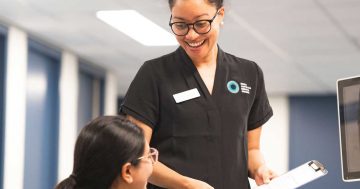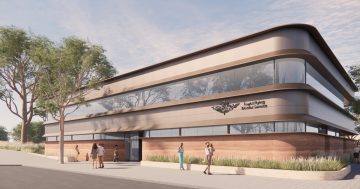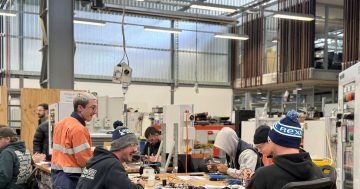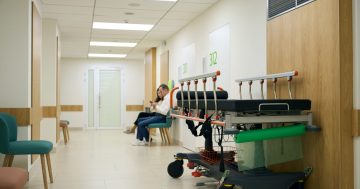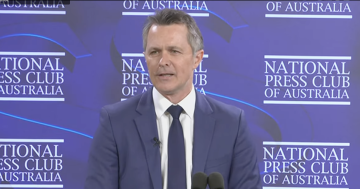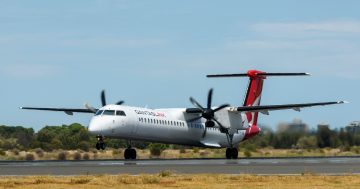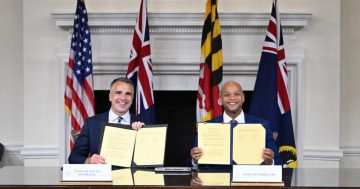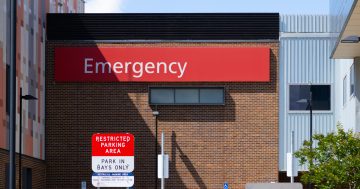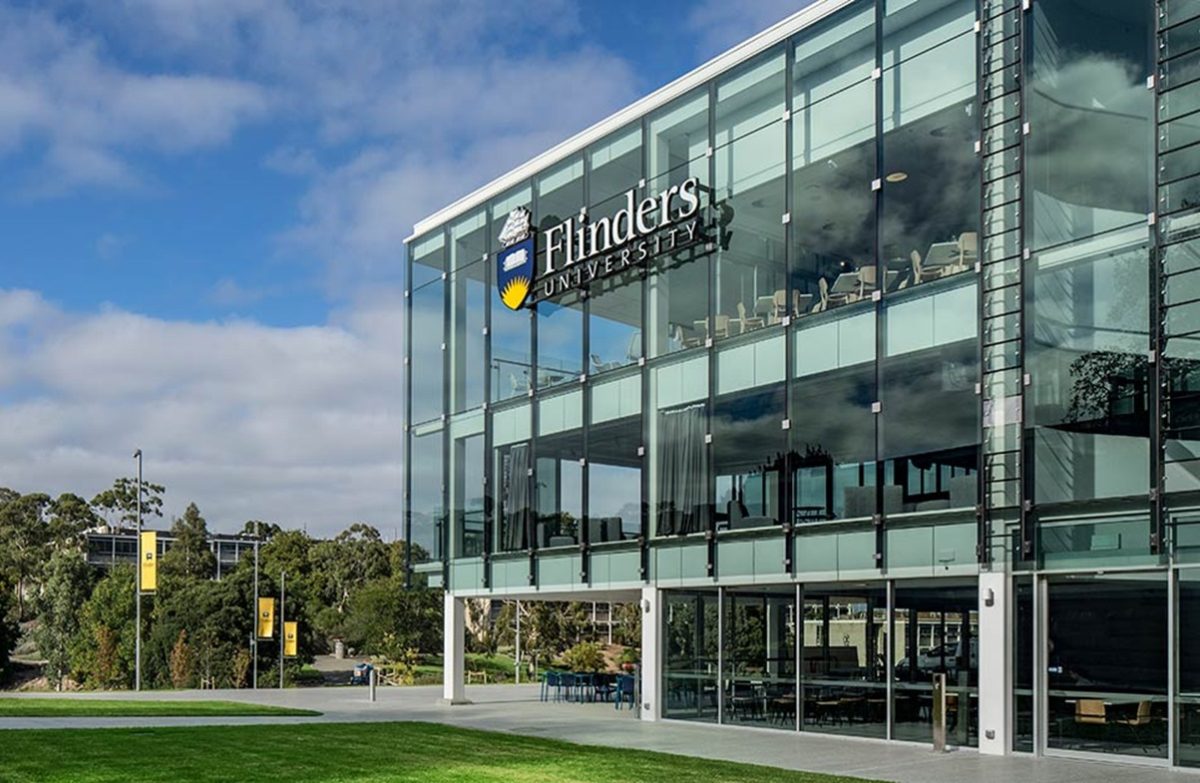
Flinders University will extend its program so medical students can study for four years in the regions. Photo: Flinders University.
A South Australian program to train more doctors in regional areas has received a boost from a new Commonwealth Government program.
This will mean more medical students trained in SA and students can undertake their entire medical degree in regional South Australia for the first time.
The additional 20 Commonwealth Supported Places, matched by a reallocation of 20 places by Flinders University, will mean that 40 extra students every year will be able to complete their training across regional South Australia from 2025. Flinders will receive $19.7 million in Federal Government funding and the largest share of places of any university in the country.
The students will complete their training in regional centres including the Barossa, Berri, Renmark, Mount Gambier, Murray Bridge and Victor Harbor.
The SA Government and regional local health networks will work with Flinders as they implement the new training program and also work to help keep the students in the local health system.
South Australian Minister for Health and Wellbeing Chris Picton thanked his federal counterpart Mark Butler and federal Education Minister Jason Clare for their support.
“We know that having a sustainable workforce is the biggest hurdle facing our health system in regional South Australia,” he said.
“Training more doctors here in South Australia, and having training taking place entirely in our regional areas, is absolutely vital to ensuring the future pipeline of regional doctors.
“We know that doctors who are trained in regional areas and who have a connection to their local communities are more likely to stay and practice there,” he added.
“I have been strongly advocating for an increase in the number of medical places in South Australia and delighted that this program comes with 20 more medical school places for Flinders University every year.”
Vice-Chancellor of Flinders University Professor Colin Stirling said Flinders is a proven leader in producing rural doctors who are well prepared for the challenges and rewards of rural practice.
“Our rural medical students benefit from early and sustained exposure to rural health settings, and from learning alongside other health disciplines in interprofessional teams, developing strong connections which enhance their professional and personal development,” he said.
“Upon graduating they are highly sought after by employers and make a significant contribution to the health and wellbeing of rural Australians.
“We thank the Federal and South Australian governments, health service partners and our communities for their continued support and recognition of the excellence of our medical offerings.”


